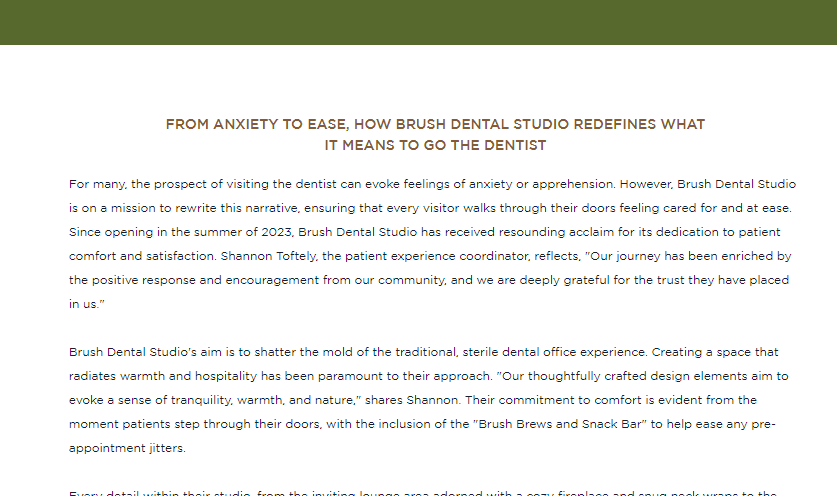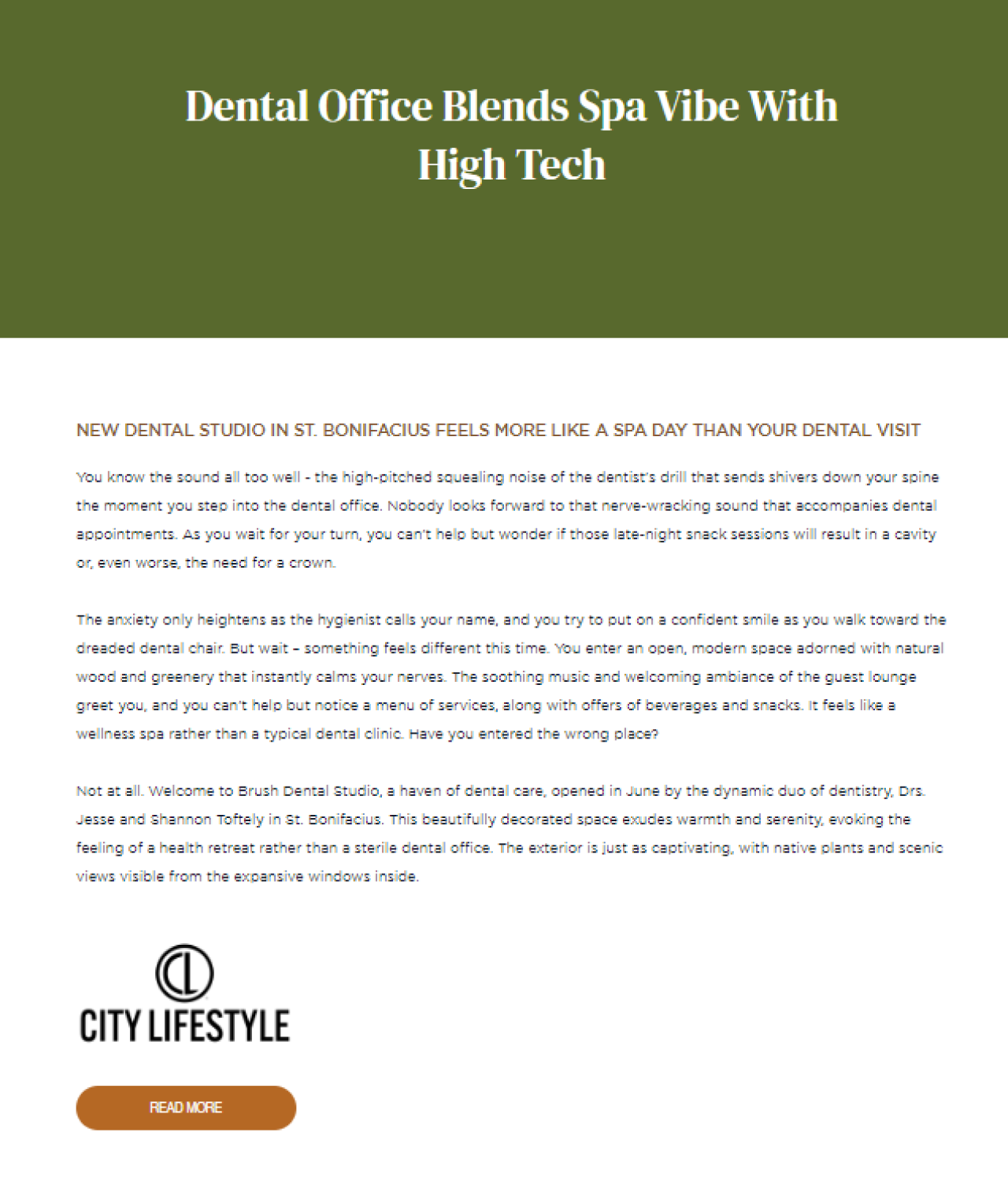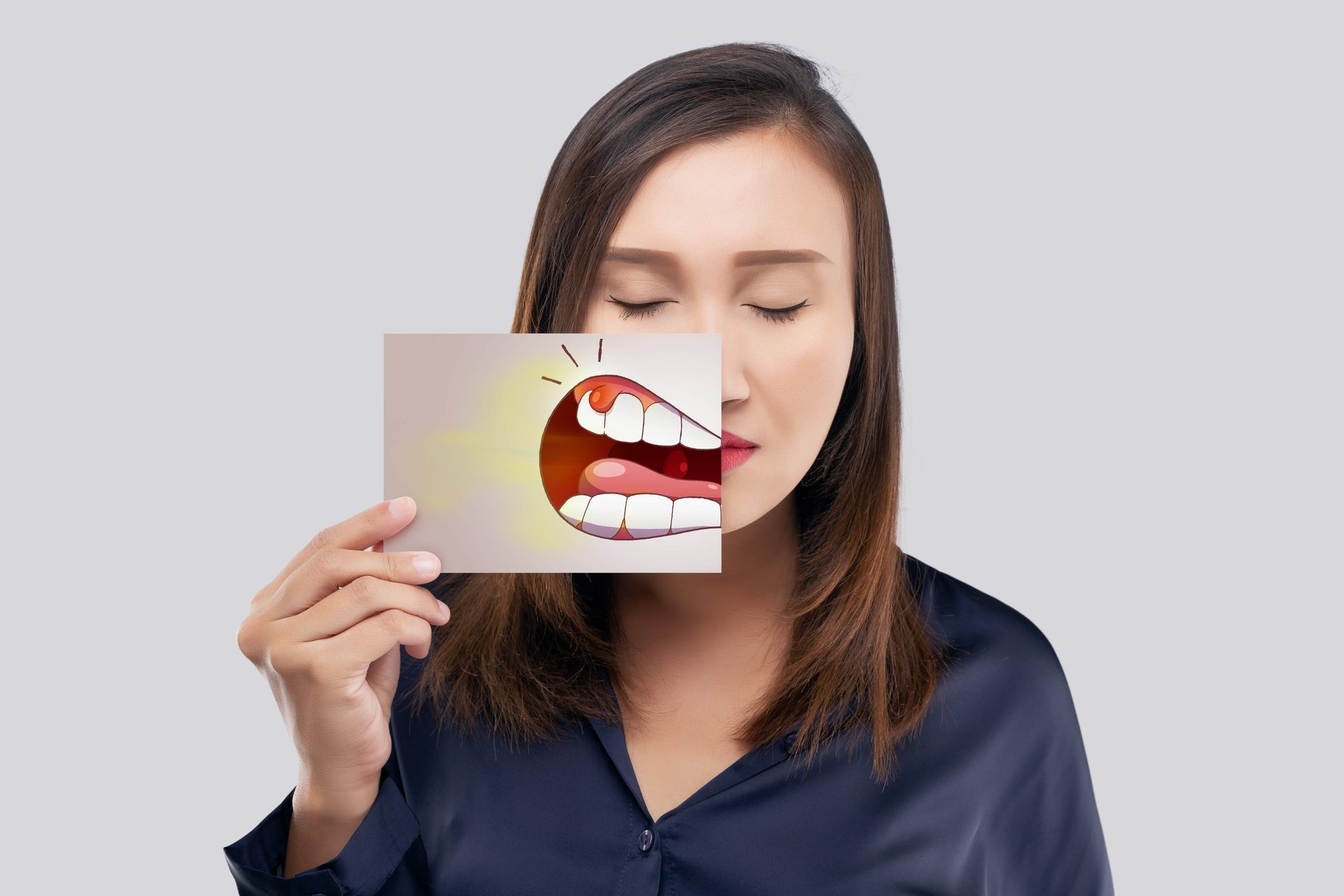Understanding Tooth Decay: Prevention and Treatment
Tooth decay is a common dental problem that occurs when the protective layer of the teeth, known as the enamel, is broken down by bacteria. This can lead to cavities, which can cause pain and discomfort if left untreated. Fortunately, tooth decay can be prevented and treated with proper dental care.
The main cause of tooth decay is a buildup of plaque and bacteria on the teeth. This is why regular brushing, flossing, and dental cleanings are so important for maintaining good oral health. A diet high in sugar and carbohydrates can also increase the risk of tooth decay by providing a food source for the bacteria that cause decay.
To prevent tooth decay, it is important to practice good oral hygiene habits. This includes brushing twice a day with a fluoride toothpaste, flossing daily, and using an antiseptic mouthwash. It is also important to limit the consumption of sugary and acidic foods and drinks, and to drink plenty of water to help wash away bacteria and food particles from the teeth.
If tooth decay does occur, early detection and treatment is key to preventing further damage to the tooth. In the early stages of decay, a composite filling can be used to restore the tooth's natural structure and function. A composite filling is made from a tooth-colored resin material that is bonded to the tooth to fill in the cavity.
If the decay has progressed to a point where a composite filling is not sufficient, an inlay or onlay may be recommended. This is a custom-made restoration that is designed to fit into the cavity and provide additional support to the tooth.
In more severe cases of tooth decay, a dental crown may be necessary. A crown is a cap that is placed over the entire tooth to protect and strengthen it. Crowns can be made from a variety of materials, including porcelain, ceramic, and metal.
Now, let's take a look at some frequently asked questions about tooth decay:
How can I tell if I have a cavity?
Some common signs of a cavity include tooth sensitivity, pain when chewing or biting, visible holes or pits in the teeth, and discoloration or staining of the tooth.
Can a cavity heal on its own?
No, once a cavity has formed, it will not heal on its own. However, early detection and treatment can prevent the cavity from getting worse and potentially requiring more invasive treatments.
How often should I have dental cleanings?
It is recommended to have a dental cleaning and checkup every six months to maintain good oral health and detect any potential issues early.
Are composite fillings safe?
Yes, composite fillings are safe and have been used in dentistry for many years. They are a popular choice for restoring teeth due to their natural appearance and durability.
How long do dental crowns last?
The lifespan of a dental crown can vary depending on factors such as oral hygiene habits, the material used for the crown, and the amount of wear and tear on the tooth. With proper care and maintenance, a dental crown can last for many years.
In summary, tooth decay is a common dental problem that can be prevented with good oral hygiene habits and a healthy diet. If tooth decay does occur, early detection and treatment can prevent further damage to the tooth and help restore it to its natural function and appearance. If you have concerns about tooth decay or need treatment for a cavity, I encourage you to schedule an appointment with your dentist to discuss your options.
Learn More








